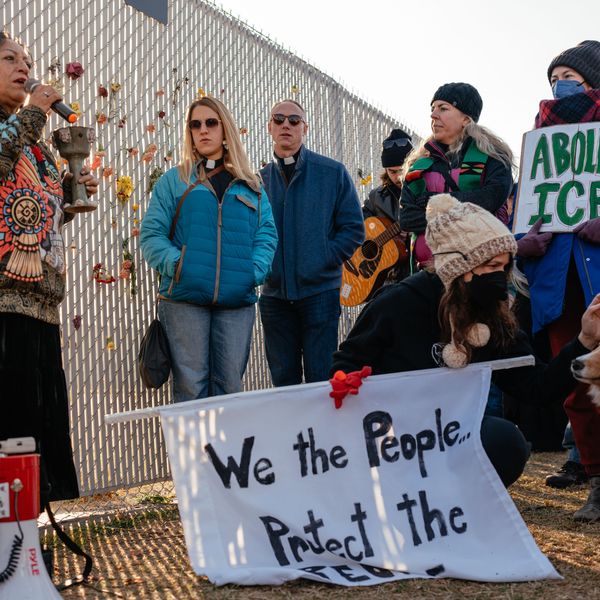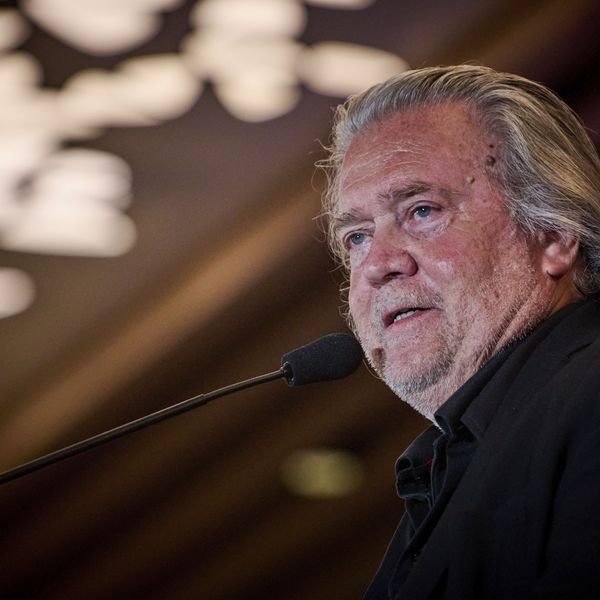Anger over a Russian election marred by widespread violations and the shadow of Vladimir Putin's likely return to the presidency broke into violence late on Monday, as thousands of people took to the streets of Moscow in protest.
Several thousand people, mainly young men, filled a park in central Moscow to listen to liberal opposition leaders call for Putin's ousting in a meeting approved by city authorities. But when they attempted to march to Lubyanka, the headquarters of the feared Federal Security Service, they were met by baton-wielding riot police who beat some protesters over the head and dragged others into waiting lorries.
Hundreds appeared to be detained, including opposition leaders Alexey Navalny and Ilya Yashin, as well as several journalists. Police put the number of protesters at 2,000 but some Russian media said the number was as high as 8,000.
Anger has been steadily growing inside Russia since Putin, currently the prime minister, announced his intention to run for the presidency in a March 2012 vote. His United Russia party fared poorly in a parliamentary vote on Sunday, losing 77 seats in the Duma, or lower house.
Widespread examples of vote falsifications and violations - uploaded by the hundreds onto YouTube, Facebook and Twitter - have fed the anger.
International observers also questioned the results. The Organisation for Security and Co-operation in Europe said the elections were marred by "frequent procedural violations and instances of apparent manipulations, including serious indications of ballot box stuffing". Britain's foreign secretary, William Hague, said the report raised "serious concerns".
The US secretary of state, Hillary Clinton, said Washington had "serious concerns" about the conduct of the elections. "Russian voters deserve a full investigation of all credible reports of electoral fraud and manipulation and we hope in particular that then Russian authorities will take action," said Clinton.
People continued to register alleged cases of falsification on Monday, and news reports on state television appeared to show results that implied turnout in some regions was as high as 146%.
Yevgeniya Chirikova, a popular environmental activist, called at the protest for the election results to be overturned. The crowd shouted "Putin, leave!", waved flags and blew whistles - a nod to his public booing and whistling at a martial arts event last month.
The protest, one of the biggest liberal opposition demonstrations in years, is certain to worry a state that looks down on opposition and is long unused to a politically conscious public.
"Groups of society have emerged that have a lively and serious interest in the vote results," said the political analyst Gleb Pavlovsky. "They consider the results their own and that's why they are fighting for it." Several protesters told the Guardian it was their first time at a political demonstration.
Putin's concern showed when he spoke to supporters at the United Russia headquarters following Sunday's vote. "I want to speak to all citizens of the country and, above all, those who voted for the party," Putin said, his eyebrows twitching and his gaze wandering as he betrayed his normally calm demeanour.
"Despite a rather complicated period in the life of our government, despite the [financial] crisis, despite the fact that responsibility for these difficulties has laid and lies on the shoulders of the party, people - our voters, our citizens - kept us as the leading political party in the country."
It was hardly the blustering rallying cry for which Putin has become known.
The vote on Sunday delivered the first concrete sign of Russians' unhappiness with Putin's announcement that he would seek re-election for the presidency. With 96% of the votes counted on Monday, United Russia's support stood at just under 50% - a sharp drop from the 64% it received in elections four years ago.
Observers are now anxiously watching how the former KGB agent will react. "On the one hand, there's the option of moving towards the style of [Belarussian dictator Alexander] Lukashenko," Navalny said. "On the other, they realise that the harsher they are, the worse the result."
State-run television, from which the majority of Russians get their news, has not covered anger at the election result. But the internet has become an increasing source of information for Russia's youth.
Opposition leaders called for protesters to keep up the pressure until the March vote. However, Putin's victory is widely expected as no serious opposition candidate has been allowed to emerge. Although his popularity rating has dropped from the sky-high levels he regularly enjoyed after first coming to power in 1999, it still remains higher than any other politician in the country, coming in at around 50%, according to most pollsters.
Yet the tide of discontent continues to grow. "It is clear that Putin's voter base has fallen apart," said Pavlovsky. "The Putin majority existed from 1999 to 2011 - this is the date of the end. I'm sure it was an unexpected surprise. He was sure voters would be enamoured of his return."
United Russia scrambled to address the drop in its support. Sergei Neverov, a top party official, was forced to deny rumours that Boris Gryzlov, the party chairman and speaker of the Duma, would resign.
Another party official, Andrei Vorobyov, sought to put to rest worries that the result could put Putin's victory in the presidential vote in doubt. "These 10 years [that Putin has been in power], it is very easy to lose confidence, but today it is at a very high level," he said. "Our candidate is known. It is Putin, our leader, and we will do everything in our power to ensure that our candidate wins in the first round."



